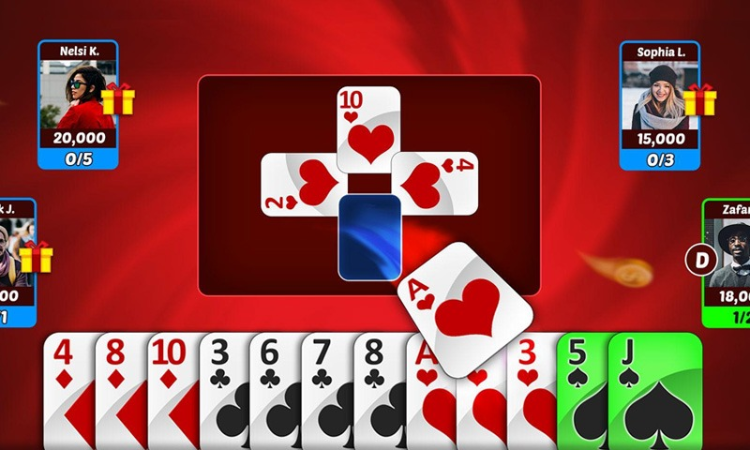The Karnataka government on Tuesday submitted before the High Court that betting on the outcome of a game, whether of chance or of skill, amounts to 'wagering' since such outcome is not known."Wagering or betting, to put it in simple words is collection or soliciting bet from someone or I receive or distribute the prices either in money or otherwise, then wagering and betting is done. If...

